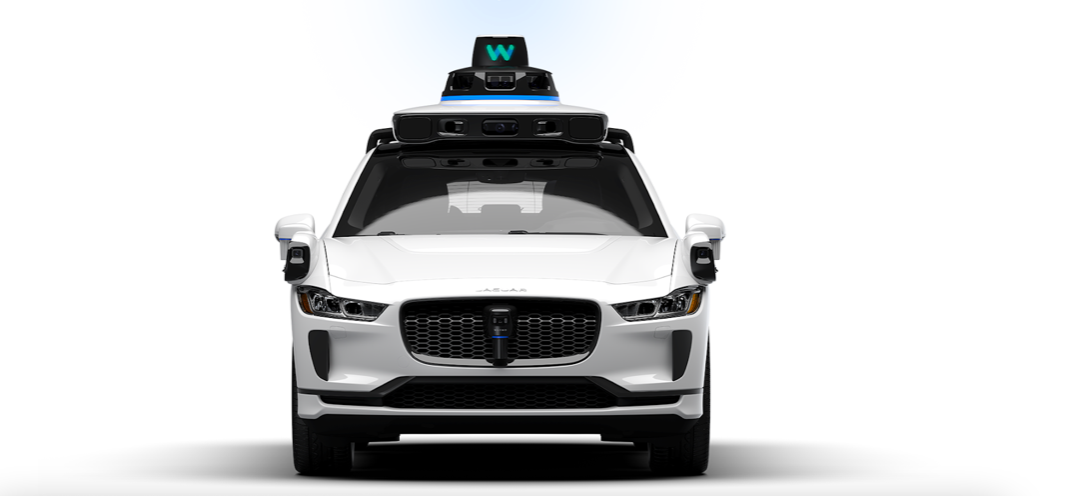The autonomous vehicle (AV) industry is on a fast track, with innovations and advancements that promise to redefine our transportation systems. Here are 10 driverless car brands that are at the forefront of this technological revolution, each contributing uniquely to the autonomous future.
1. Waymo (Alphabet Inc.)
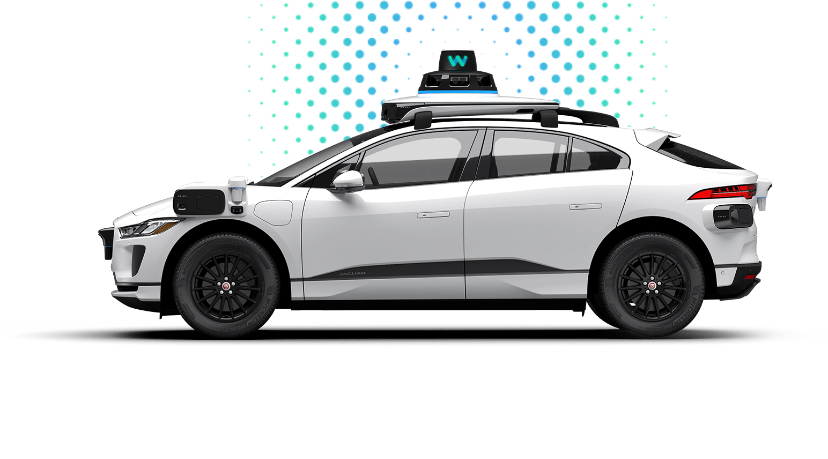
Leading the pack, Waymo, born from Google’s self-driving car project, has evolved into a separate entity under Alphabet Inc. It has pioneered the development of autonomous technology, conducting extensive tests and launching Waymo One, a public self-driving taxi service in Phoenix, Arizona.
2. Tesla
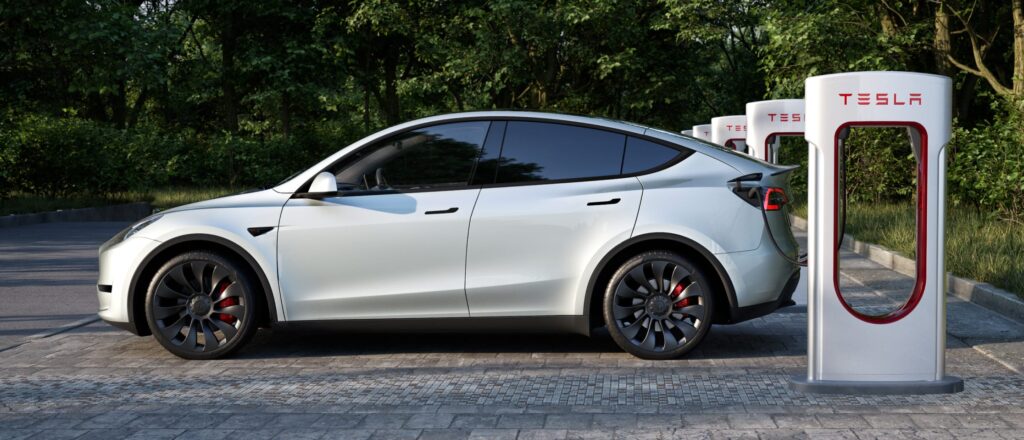
Elon Musk’s Tesla is synonymous with electric vehicles and groundbreaking driver-assistance features. Its Autopilot and Full Self-Driving (FSD) capabilities, though controversial, represent significant strides toward achieving full autonomy. Tesla continues to push the envelope with regular software updates aimed at improving its vehicles’ autonomous functionalities.
3. Cruise (General Motors)
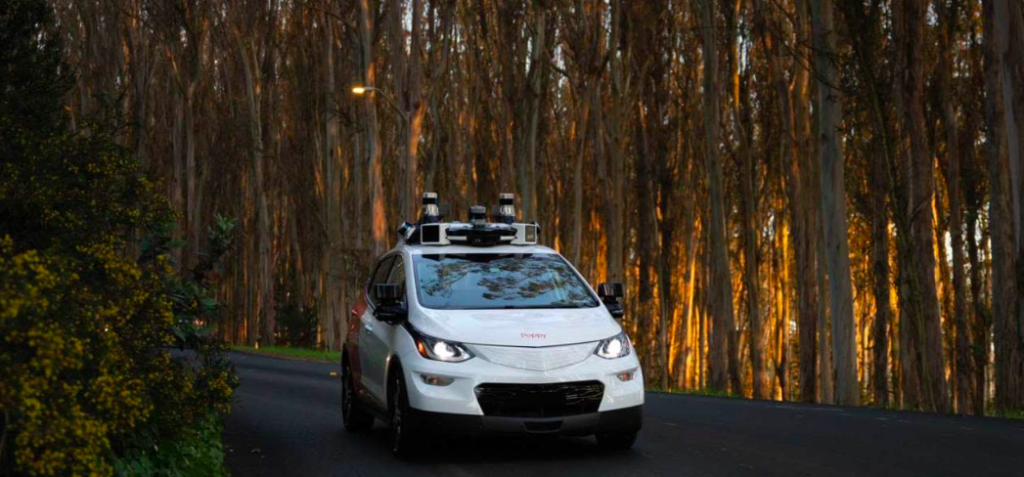
Cruise, backed by automotive giant General Motors, is focusing on creating a safer, cheaper, and more accessible transportation alternative with its autonomous vehicles. Operating a robust testing program in San Francisco, Cruise is refining its technology to launch a fully autonomous ride-hailing service.
4. Aurora
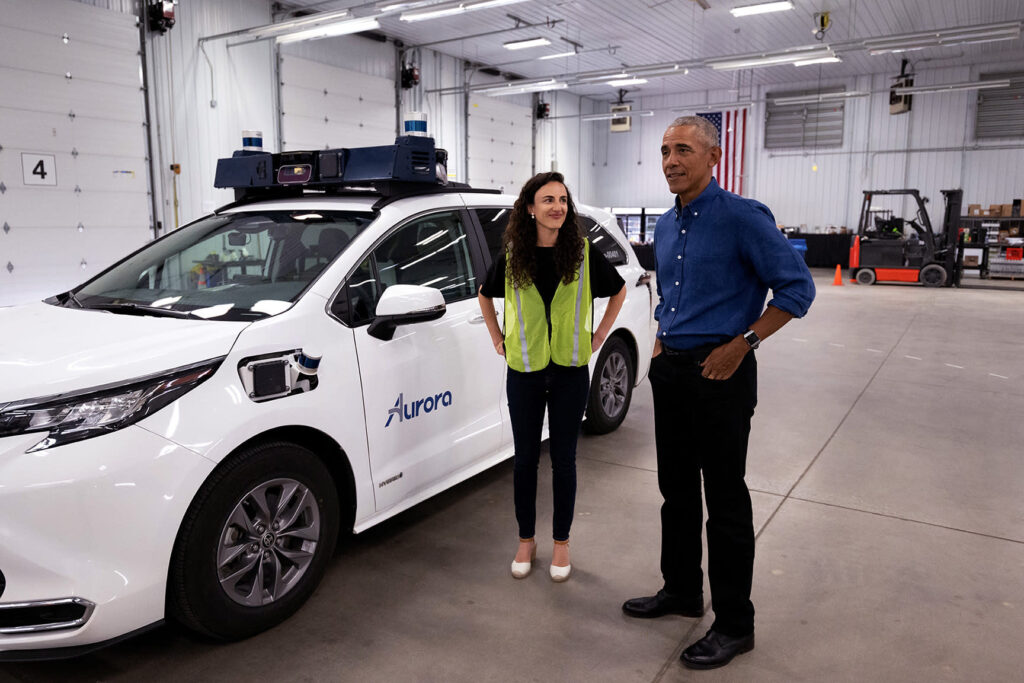
Founded by veterans from Google, Tesla, and Uber, Aurora is developing the Aurora Driver, a platform designed to power a range of vehicle types, from passenger sedans to freight trucks. Their recent acquisition of Uber’s self-driving unit has further positioned them as a significant player in the AV space.
5. Baidu (Apollo)
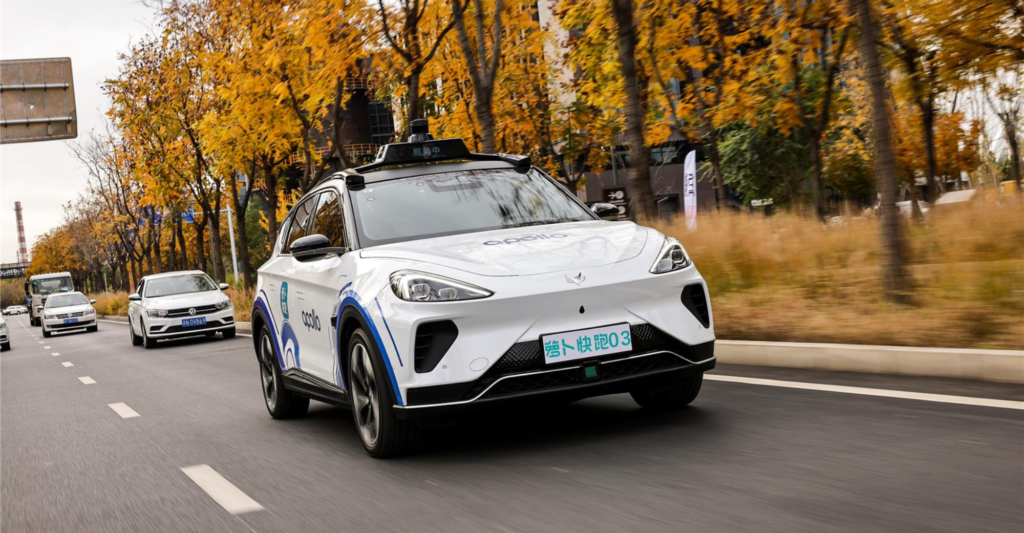
China’s leading search engine, Baidu, has entered the AV field with its Apollo project, an open-source AV platform. It aims to accelerate the development and deployment of autonomous vehicles. Baidu has also been granted licenses to operate fully driverless taxi services in Beijing, marking a significant milestone in commercial AV operation.
6. Zoox (Amazon)
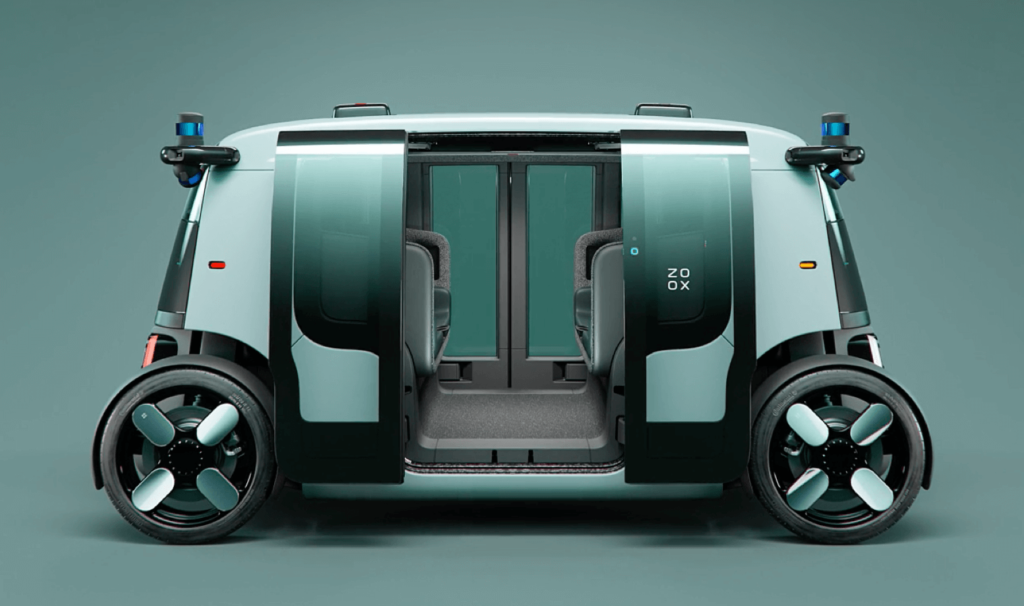
Acquired by Amazon, Zoox is focused on building autonomous mobility from the ground up, with a unique bidirectional vehicle that lacks a traditional driver’s orientation, steering wheel, and pedals. Zoox’s vision extends beyond just transport to redefine the entire experience of urban mobility.
7. Aptiv
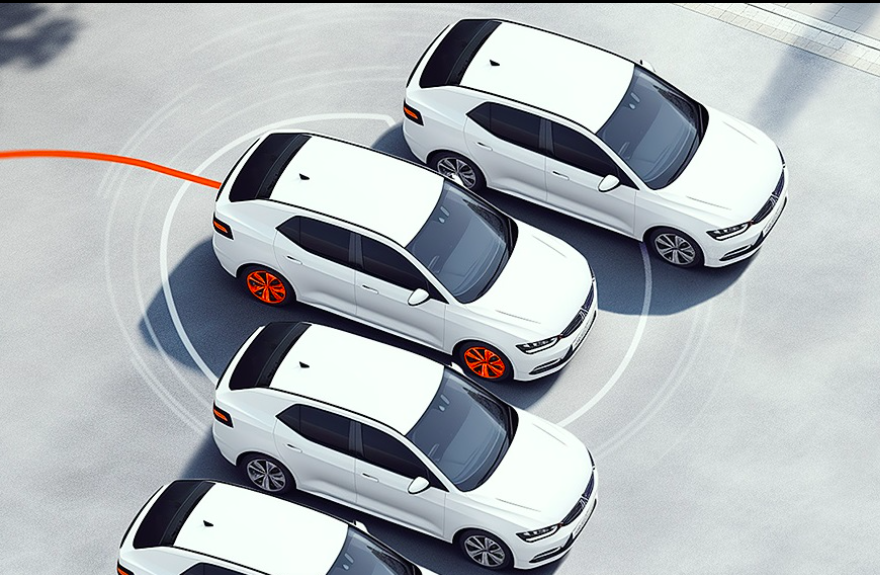
Aptiv, in collaboration with Hyundai through their joint venture Motional, is another key player, with a focus on making autonomous driving safe and widely available. Their technology has been deployed in pilot programs around the world, including a notable partnership with Lyft in Las Vegas.
8. Nuro
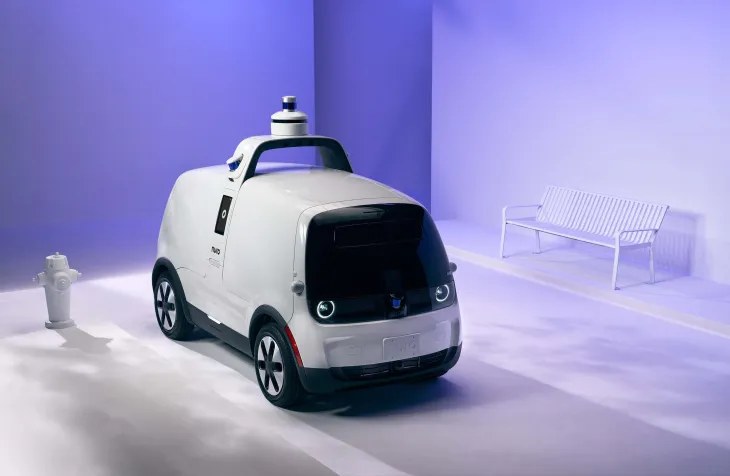
Specializing in autonomous delivery, Nuro is changing how goods are transported. Their small, driverless delivery vehicles are designed to carry everything from groceries to pizzas, offering a glimpse into the future of logistics and last-mile delivery services.
9. Argo AI
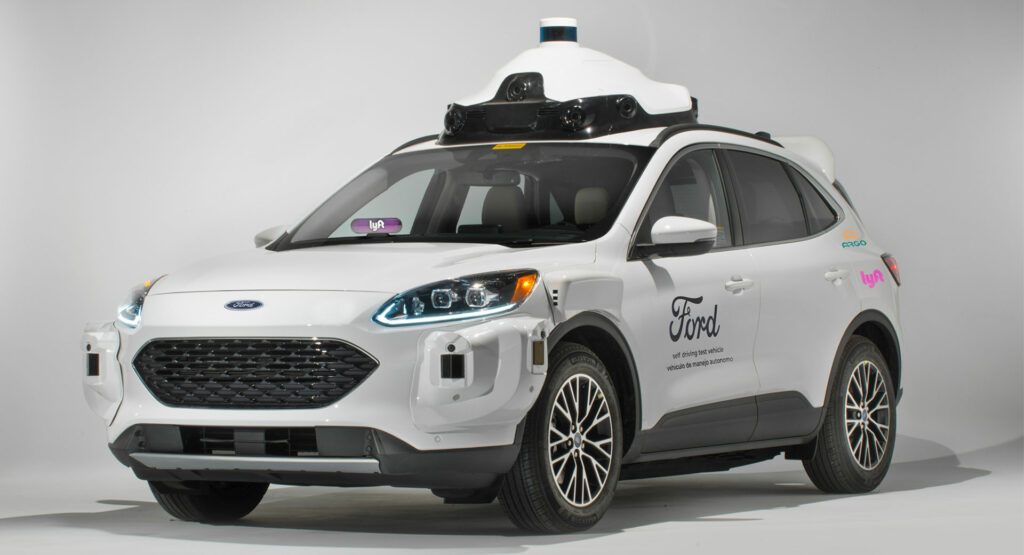
With significant investments from Ford and Volkswagen, Argo AI has been developing autonomous driving technology that promises to enhance urban mobility. Despite announcing its closure in late 2022, the technologies and talents from Argo AI continue to influence the industry, with its assets and developments being absorbed by its backers for future ventures.
10. Mobileye (Intel)
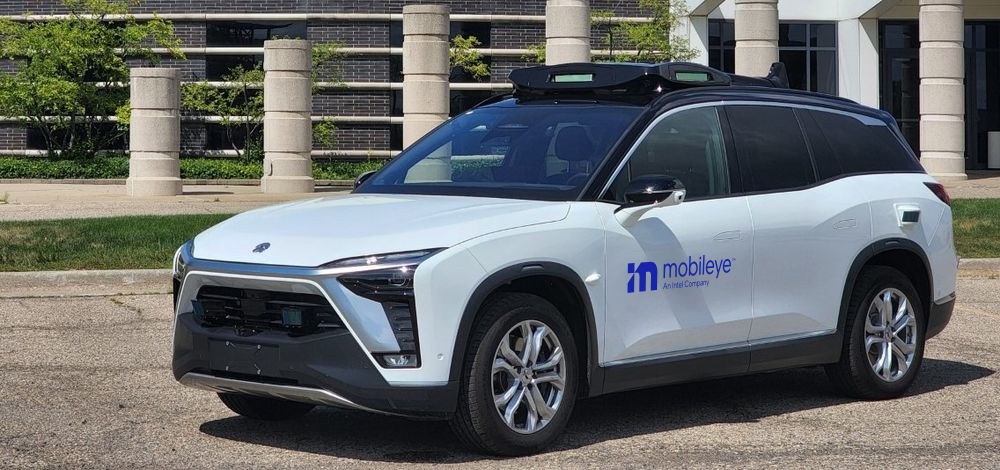
An industry veteran in developing vision technology for advanced driver-assistance systems, Mobileye, an Intel company, is making significant strides towards full autonomy. With a strong focus on safety and scalability, Mobileye’s technology is pivotal in the push towards commercializing autonomous vehicles.
These brands not only exemplify the technological advancements in the field of autonomous vehicles but also highlight the diverse approaches to solving the complex challenges of self-driving technology. As the industry continues to evolve, these companies are setting the stage for a future where driverless cars could become a common sight on our roads, offering safer, more efficient, and accessible transportation options.






